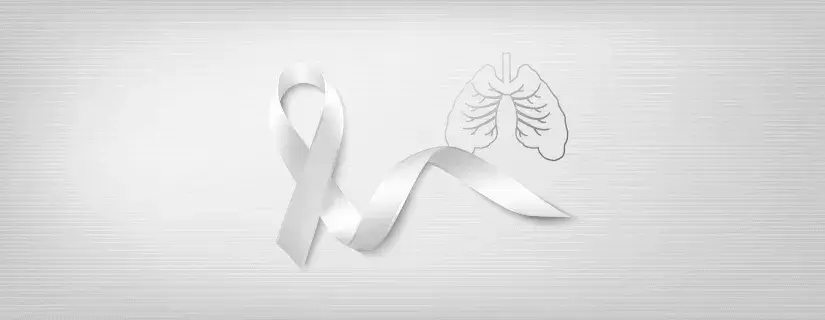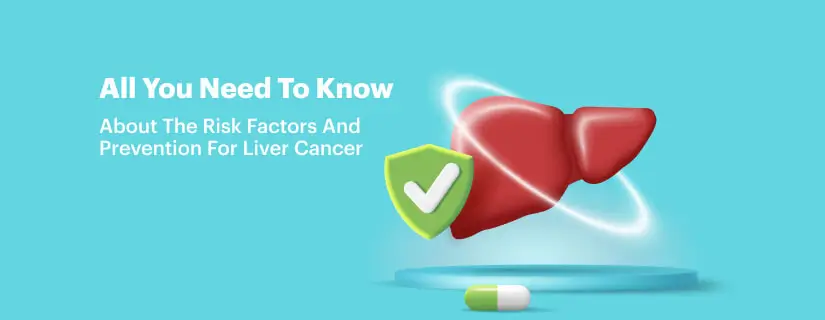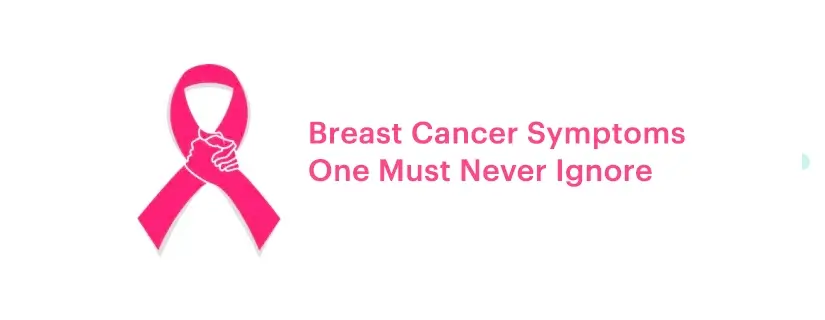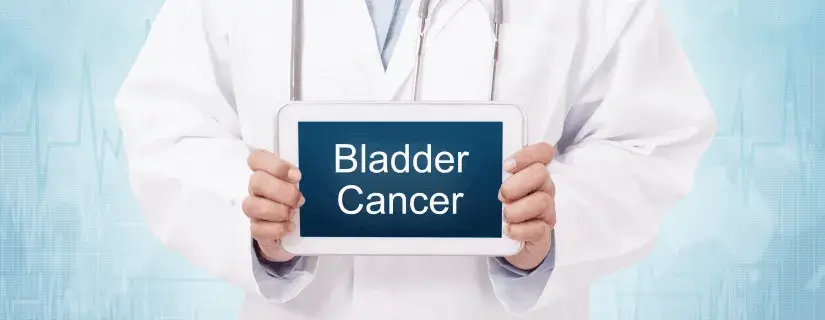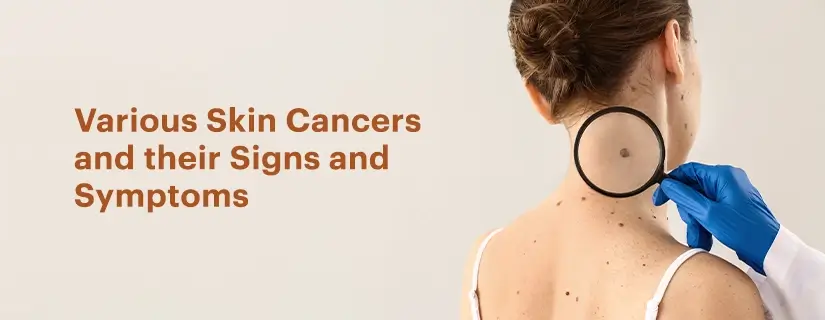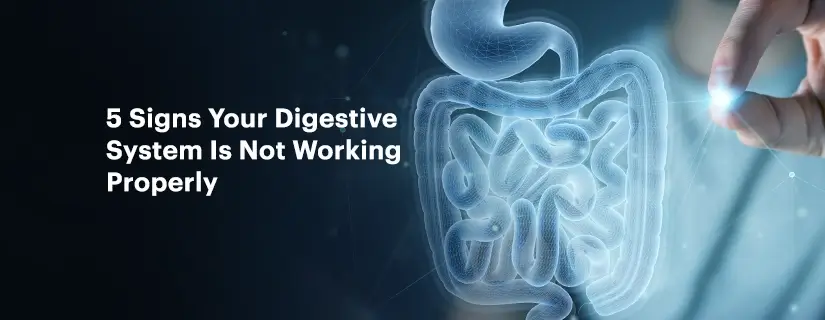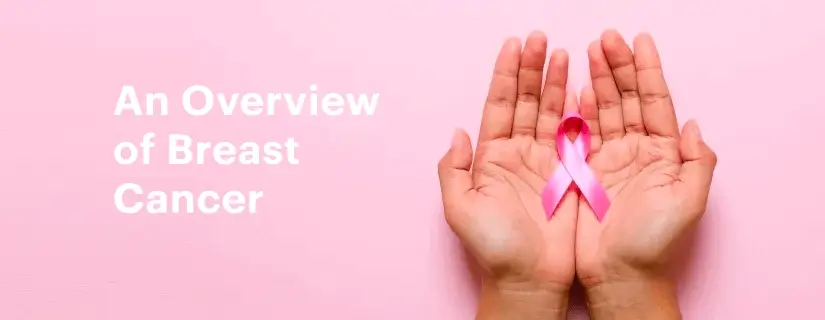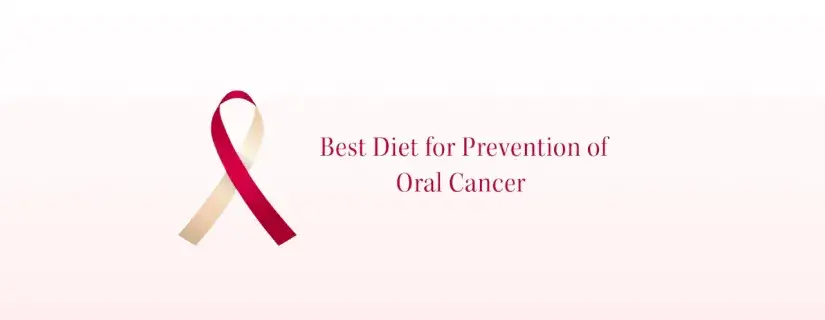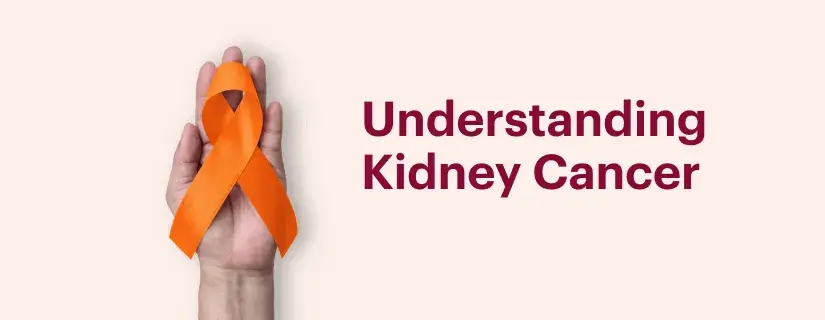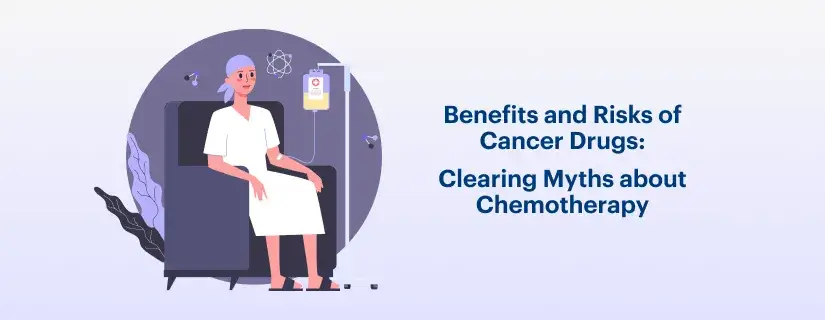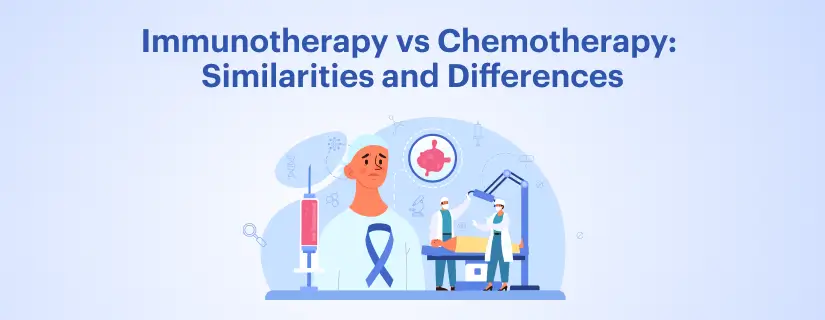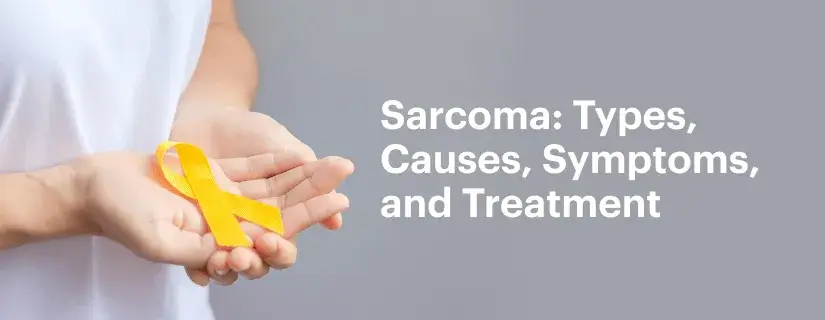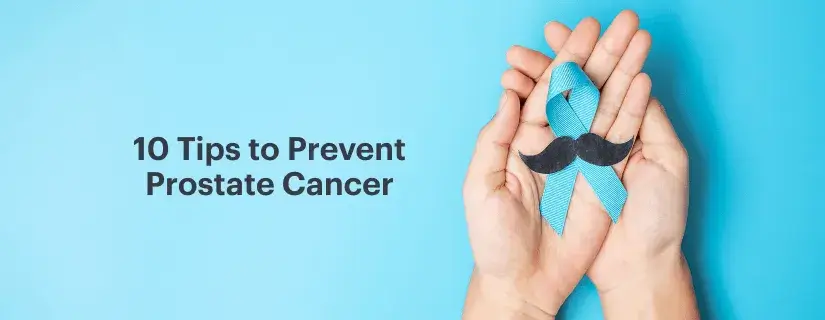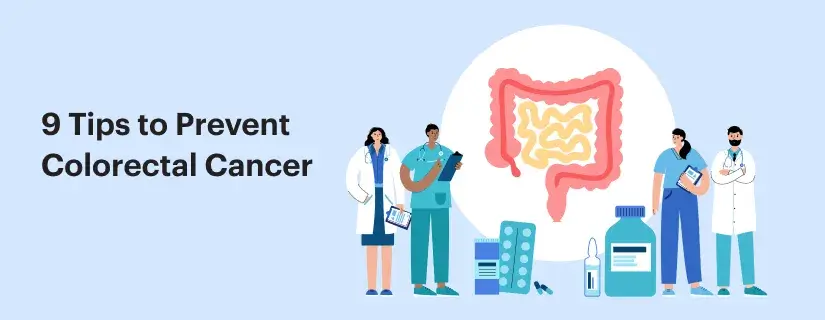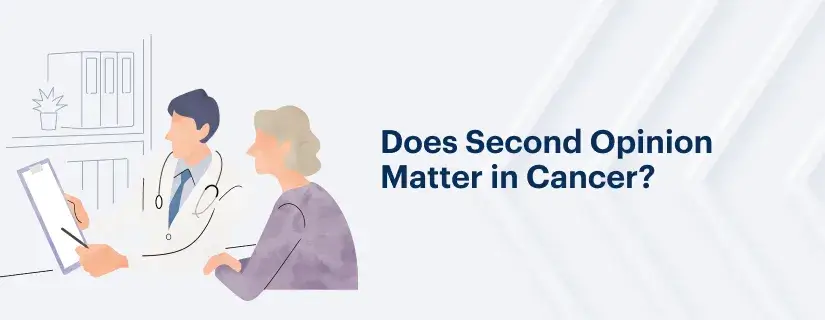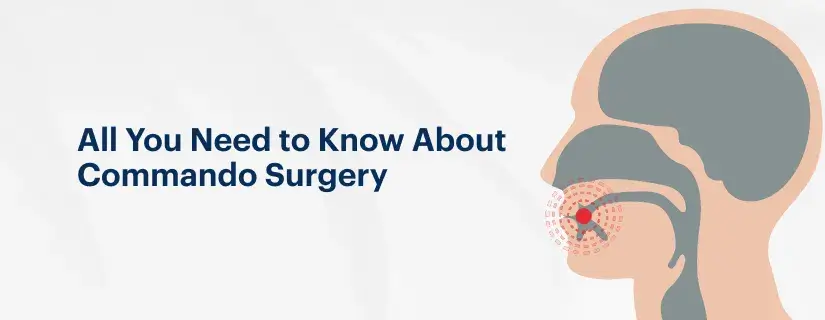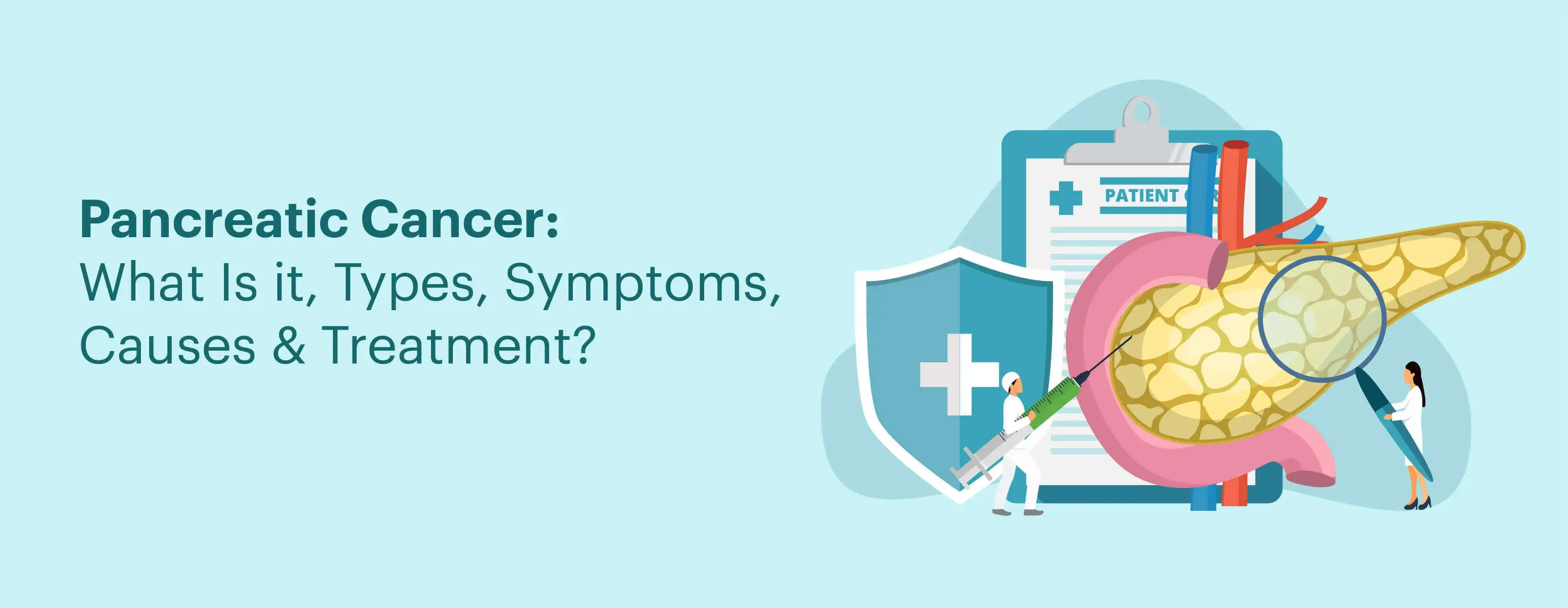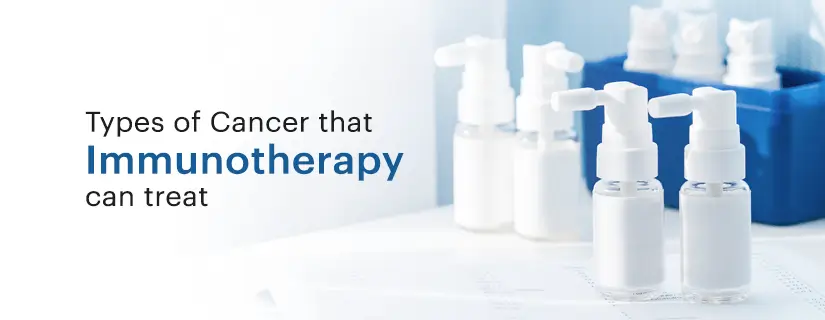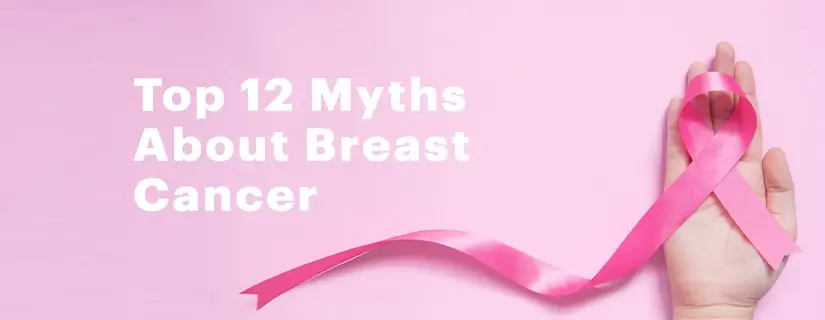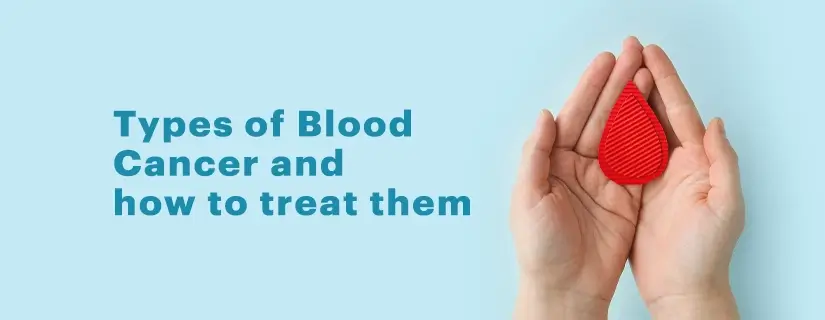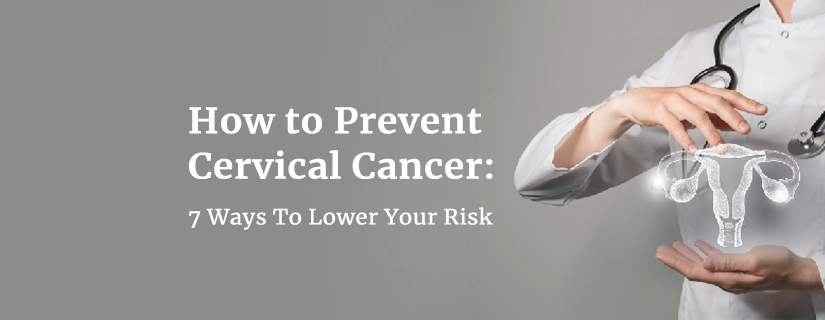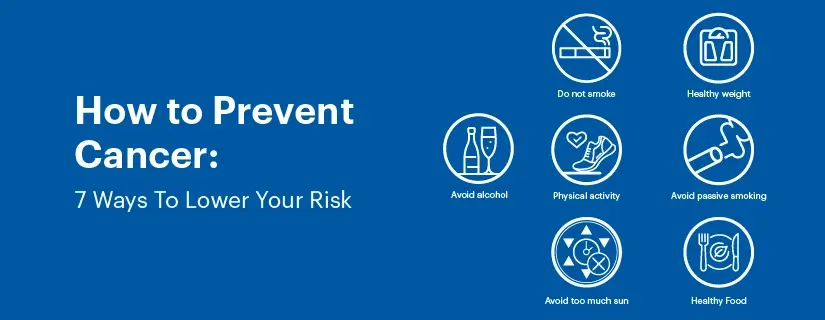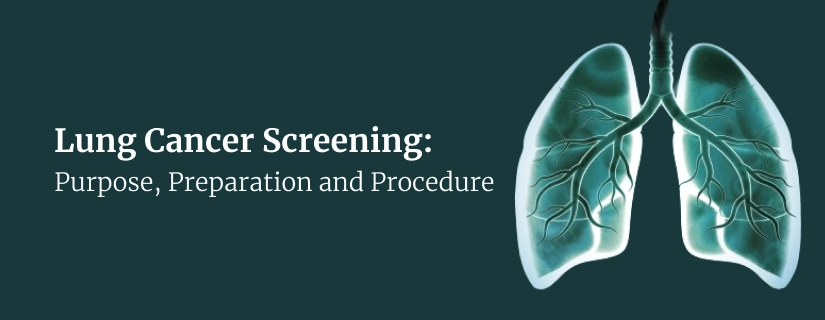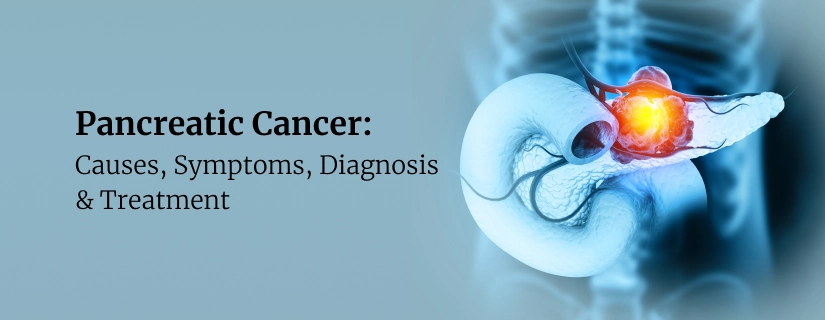-
Doctors
-
Specialities & Treatments
Centre of Excellence
Specialties
Treatments and Procedures
Hospitals & Directions HyderabadCARE Hospitals, Banjara Hills CARE Outpatient Centre, Banjara Hills CARE Hospitals, HITEC City CARE Hospitals, Nampally Gurunanak CARE Hospitals, Musheerabad CARE Hospitals Outpatient Centre, HITEC City CARE Hospitals, Malakpet
HyderabadCARE Hospitals, Banjara Hills CARE Outpatient Centre, Banjara Hills CARE Hospitals, HITEC City CARE Hospitals, Nampally Gurunanak CARE Hospitals, Musheerabad CARE Hospitals Outpatient Centre, HITEC City CARE Hospitals, Malakpet Raipur
Raipur
 Bhubaneswar
Bhubaneswar Visakhapatnam
Visakhapatnam
 Nagpur
Nagpur
 Indore
Indore
 Chh. Sambhajinagar
Chh. SambhajinagarClinics & Medical Centers
Book an AppointmentContact Us
Online Lab Reports
Book an Appointment
Consult Super-Specialist Doctors at CARE Hospitals
Can we prevent formation of Blood Clots?
Updated on 13 September 2023
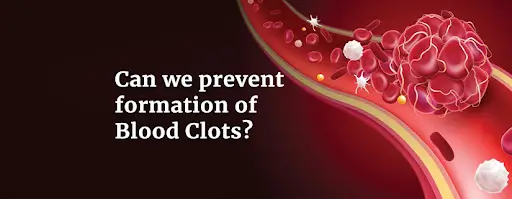
The blood in the human body is typically in a liquid state. Blood can occasionally thicken and clump, as it does when a cut is naturally healing. Blood clots or clumps inside the veins or arteries can be very dangerous. These blood clots have the potential to become mobile, migrate throughout the body, and obstruct the blood supply to the organs. A blood clot can also potentially result in very severe conditions if blood cannot reach any vital organ.
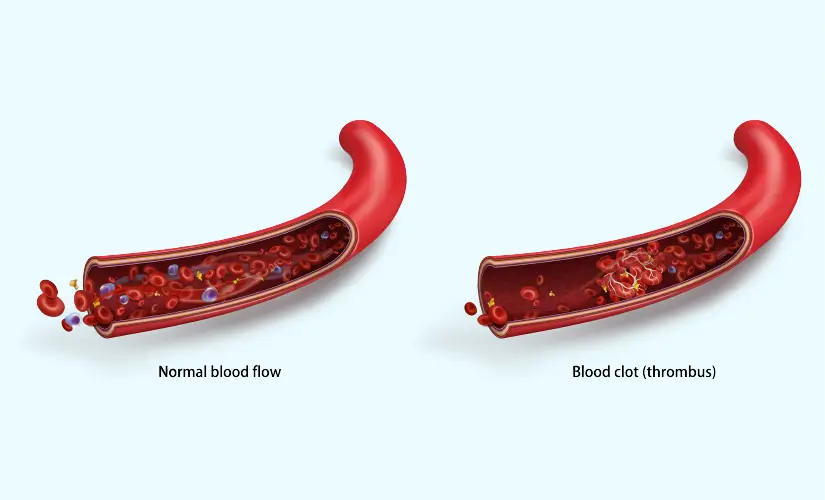
Is it possible to dissolve blood clots naturally in the legs?
A blood clot should be assessed and treated by a medical professional. There’s no proven way to treat a blood clot at home with natural remedies.
If you try to dissolve a blood clot at home, it may take longer for you to get proper medical treatment. This can increase your risk of developing a potentially life-threatening condition. There is no evidence to suggest that natural remedies effectively dissolve a blood clot. Attempting to dissolve a clot at home may delay the medical treatment process, thus increasing the likelihood of developing a life-threatening condition. It is important to consult a medical professional to evaluate and treat a blood clot.
Lifestyle modifications and dietary adjustments may be effective in reducing the risk of developing blood clots; however, they should not be considered a substitute for medical care.
What treatments are available for blood clots?
Anticoagulants, or blood thinners, are the most commonly used medications to treat blood clots. Anticoagulants reduce the likelihood of new blood clots forming and the breakdown of existing blood clots. Another medication that dissolves blood clots is thrombolytics. Thrombolytics can be administered intravenously or directly into a vessel via a catheter. Compression stockings and elevating the affected leg or feet at different times of the day will also be used as treatment methods. In a small number of cases, invasive procedures may be needed if the condition is severe. Surgical thrombectomy, or blood clot removal, involves a doctor removing a clot directly from a blood vessel. For patients who are at high risk of developing pulmonary embolisms due to a lack of anticoagulation drugs, a device named a vena cava filter is used.
12 Foods that help in preventing the formation of clots
Below are some foods to prevent the formation of blood clots:
- Garlic: Renowned for its ability to prevent blood clotting, garlic is a powerful anticoagulant ingredient. It promotes blood flow and helps prevent artery blood clots. Additionally, it aids in preventing atherosclerosis. So, if you're looking for a natural way to dissolve blood clots, garlic is one of the answers.
- Green Tea: Green tea is another natural remedy to address the question of how to dissolve blood clots. It contains antioxidants and is considered one of the finest treatments for blood clots. Its capacity to increase nitric oxide synthesis also makes it a strong vasodilator (medications that open blood vessels). Drink warm green tea with a sprinkle of honey to enhance blood circulation.
- Tulsi: Tulsi is one of the most commonly used home remedies for blood clots. It is believed to treat vascular illnesses that affect the circulatory system, in addition to assisting with blood clots. However, it is important to consult a physician before consuming tulsi for treating blood clots.
- Turmeric: Curcumin, an active component in turmeric, has a favourable impact on blood flow, similar to exercise. Additionally, it decreases the body's level of fibrinogen, a clotting factor responsible for coronary heart disease. Drinking a glass of milk with 1 tablespoon of turmeric powder can help maintain good blood circulation. Thus, it is also an excellent answer to your question - how to dissolve blood naturally.
- Brahmi: Both traditional Ayurvedic and Chinese medicine have been using brahmi for a very long time. The main reason for using brahmi as medicine is its ability to prevent blood clot development. Brahmi can be ingested as a powder, tea, or herbal juice before bed.
- Dark Chocolate: Dark chocolate is yet another excellent and commonly found answer to your question - how to naturally dissolve blood clots in legs. According to research dark chocolate widens arteries by creating molecules that enhance blood flow to the legs. Thus, it is a great way to increase blood flow to the legs.
- Neem: Neem extract shows good to moderate clot-breaking action. Thus, it is one of the best and most commonly found ingredients. You can take neem tablets or neem leaf extract to reap its advantages.
- Dhamasa: According to research, dhamasa has thrombolytic characteristics that can dissolve blood clots. Thus, it provides an answer to your question - how to dissolve blood clots naturally! Fagonia or dhamasa powder tastes finest when mixed with hot desi ghee and eaten right away.
- Fish or Fish oil: Eating fatty fish reportedly changes the structure of blood platelets, preventing them from clumping together, and this, in turn, prevents blood from clotting.
- Low-Fat Oil: Unsaturated/ healthy fats are abundant in canola oil, mustard oil, flaxseed oil, and corn oil. Similar to fish oil, they alter the structure of blood platelets for better functioning.
- Vitamin C: Commonly referred to as vitamin C, ascorbic acid is a potent antioxidant that is widely distributed in foods like citrus fruits, kiwifruit, and leafy green vegetables. Vitamin C-rich foods aid in the rebuilding of artery walls, maintaining appropriate vascular health and blood circulation.
- Capsicum: Capsicums are strong blood thinners. They facilitate blood flow by preventing platelets from accumulating together. Capsaicin, a substance found in cayenne pepper or capsicum, supports adequate blood flow throughout the vessels. Additionally, it aids in easing discomfort, headaches, numbness in the hands and feet, and tingling in the legs, which are signs of inadequate blood flow.
Prior to making any dietary alterations, it is recommended to consult a medical professional, as certain foods and dietary supplements may interfere with the absorption of medications used to treat clots.
What are the Lifestyle Measures to Prevent Blood Clots?
Individuals who have blood clots frequently don't exhibit any symptoms until a major complication happens. Because of this, it's critical to take all reasonable steps to reduce the chance of forming a blood clot. Here are some tips from the experts on what to do and what not to do:
- Maintain Healthy Weight: Obesity is linked to elevated intra-abdominal pressure, decreased activity levels, and chronic inflammation throughout the body. The risk of blood clots may increase due to all of these causes. If necessary, discuss healthy weight loss options with a medical expert.
- Stay Hydrated: Dehydration is thought to increase blood clot risk. Therefore, it's crucial to drink a lot of water every day, especially if an individual has additional blood clot risk factors.
- Quit Smoking: Research shows that smoking increases the risk of getting a potentially fatal blood clot, even if an individual uses an e-cigarette. A healthcare practitioner can help you understand your options if you're unsure of which procedure is best for you.
- Keep Check on the Sodium Level: The risk of developing a blood clot can be reduced by keeping an eye on the salt level. According to a study, sodium levels that are either too high or too low can cause issues with blood clots
When to seek Emergency Medical Attention?
If you experience any of the following symptoms in your arm or leg, speak with your doctor right away:
- Rapid heart rate
- Lightheadedness
- Warmth
- Pain
- Swelling
- Tightness or soreness in the chest
- Sputum from a cough that contains blood
- Discomfort in the jaw, shoulder, arm, or back
- Sudden numbness or weakness in the arm, leg, or face
- Uncomfortable or difficult breathing
- Sudden trouble understanding or speaking
- Alteration in skin tone, such as a patch of unusually red or purple skin on the leg
Conclusion
Blood clots can be a life-threatening condition as they prevent blood from circulating through the body. There are several causes of blood clots, some of which you might not be able to avoid. Book a consultation with us at CARE Hospitals to understand the reason for the blood clot. Our top doctors will diagnose the condition and chart a treatment plan based on the results.
FAQs
1. How to dissolve blood clots fast?
Doctors usually administer thrombolytics to help dissolve blood clots quickly. Additionally, anticoagulants can also aid in the natural dissolution of blood clots.
2. Can blood clots be dissolved naturally?
Blood clots usually dissolve on their own after the injury is healed. However, if a blood clot does not dissolve, it is advisable to seek medical attention.
3. What foods remove blood clots?
The following foods are believed to help reduce formation of blood clots:
- Grape seed extract
- Aloe vera
- Cinnamon
- Almonds
- Sunflower oil

ENQUIRY FORM
SELECT CATEGORIES
-
Neurosciences (16)
-
Neurology (37)
-
Neurosurgery (14)
-
Orthopaedics (48)
-
Oncology (33)
-
Obstetrics and gynecology (52)
-
Pulmonology (23)
-
Urology (20)
-
Nephrology (13)
-
Psychiatry (7)
-
Dietetics and Nutrition (111)
-
General Medicine (63)
-
Cardiac Sciences (32)
-
Vascular & Endovascular Surgery and Interventional Radiology (15)
-
Gastroenterology (46)
-
Endocrinology (23)
-
Plastic Surgery (10)
-
Critical Care Medicine (5)
-
COVID-19 (16)
-
Dermatology (16)
-
Emergency Care (1)
-
Ophthalmology (4)
-
Pediatrics (14)
-
Laparoscopic and Bariatric Surgery (8)
-
ENT (15)
-
Kidney Transplant (1)
-
Liver Transplantation and Hepatobiliary Surgery (5)
-
General Surgery (3)
-
Internal Medicine (5)
-
Medicine Information
Breast Cancer Recovery: Do's and Don'ts During and After Treatment
Gastric Cancer: Causes, Symptoms, Diagnosis & Treatment
YOU MAY ALSO LIKE
RECENT BLOGS
-

Preterm Birth (Premature Birth): Symptoms, Causes, Treatment and Prevention
13 May 2025
Read More
-

Rotablation Angioplasty: Benefits, Treatments, And Recovery Time
9 May 2025
Read More
-

What Is The Difference Between IUI and IVF?
9 May 2025
Read More
-

Venous Malformations: Causes, Symptoms, and Treatment
30 April 2025
Read More
-

Varicose Vein Foam Sclerotherapy: Treatment, Benefits, and Procedure
30 April 2025
Read More
-

Radiofrequency (RF) Ablation Treatment for Varicose Veins: Know More
30 April 2025
Read More
-

Varicose Vein Sclerotherapy: Treatment, Benefits, and Procedure
30 April 2025
Read More
-

Varicose Vein Endovenous Laser Ablation: Procedure, Benefits, Risks
30 April 2025
Read More
Have a Question?
If you cannot find answers to your queries, please fill out the enquiry form or call the number below. We will contact you shortly.




